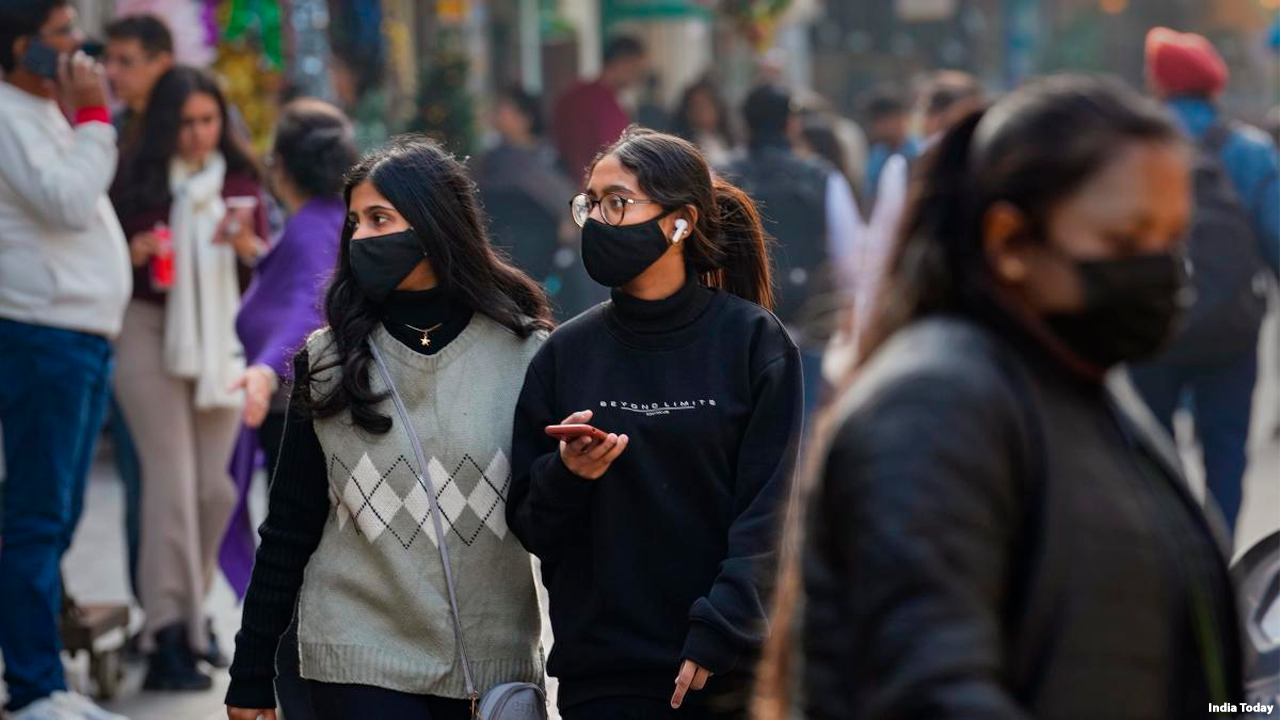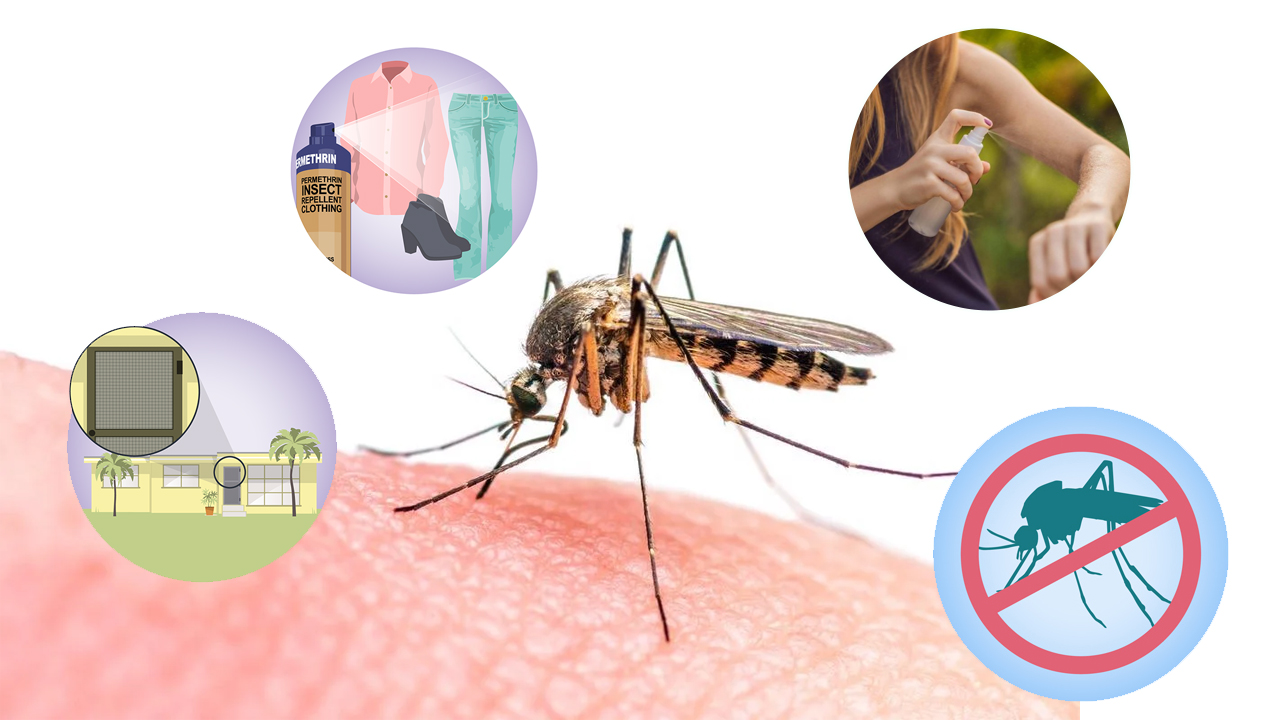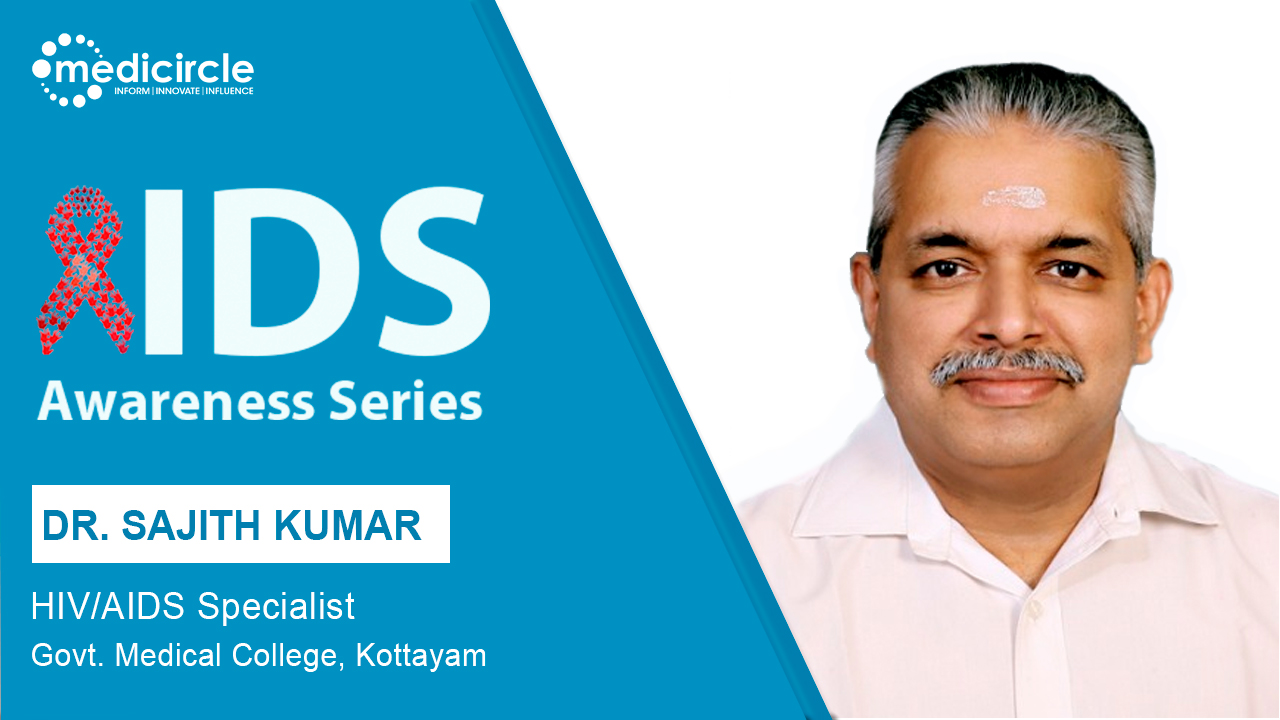Coffee – Coffee contains caffeine as its active ingredient. Caffeine is a psychoactive substance. Caffeine stimulates our nervous system and causes activity in the brain. Thus, it is advised to limit or avoid coffee intake six hours prior to going to bed. Other foods that contain caffeine are tea, chocolates, energy drinks, and soft drinks. Try to avoid all these at night.
Foods that are high in fats – Studies revealed that saturated fats cause a high degree of inflammation if consumed late at night. A high intake of foods rich in fats puts you at high risk of metabolic diseases like obesity, diabetes and is also bad for cholesterol levels. Do avoid rich oily curries, deep-fried foods if you have problems with acid reflux.
Protein-rich foods – Proteins are very much useful in weight loss. Those who are on a diet so as to reduce weight, depend mostly on proteins to combat their hunger pangs because it is really hard to digest. But there are some drawbacks if you take proteins at night. Proteins take a long time to digest, consuming a high protein diet will hinder your sleeping pattern and will cause stress and tiredness. Hence, avoid foods like red meat which is loaded with proteins and fats which makes it hard to digest. Rather opt for lean proteins like fish.
Foods that are high in sugar – Carbohydrates contain sugar. Carbohydrates get converted into glucose for energy. This energy gets consumed in the daytime in the form of physical activity but at night we don’t do any major physical work. So, the unused energy gets stored as glycogen in the liver and muscles (fats). Try avoiding foods like rice, potatoes, pasta, maida, etc.
Fried and spicy food – Spicy and pungent food can result in indigestion and loose motion. These foods interfere with sleeping patterns. For example, garlic is otherwise considered an immunity booster but is worse if you take it at night. Foods with high garlic content can cause heartburn.
(Disclaimer: The content on this site is for informational purposes only, and should not be taken as professional medical advice. Always seek the guidance of your doctor or other health professionals for any questions you may have regarding your health or a medical condition.)

 Dinner should always be the lightest meal of your day. Avoid these 5 dinner options to stay healthy and happy
Dinner should always be the lightest meal of your day. Avoid these 5 dinner options to stay healthy and happy



















.jpeg)



.jpg)




.jpg)





.jpeg)

.jpg)


